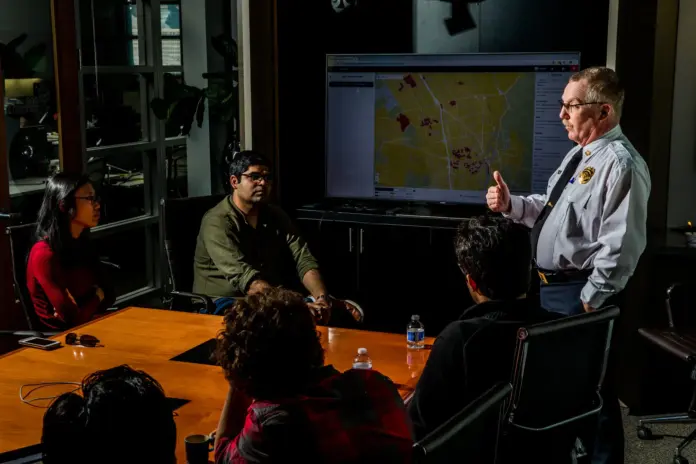
SEATTLE — The company called One Concern has all the characteristics of a buzzy and promising Silicon Valley start-up: young founders from Stanford, tens of millions of dollars in venture capital and a board with prominent names.
Its particular niche is disaster response. And it markets a way to use artificial intelligence to address one of the most vexing issues facing emergency responders in disasters: figuring out where people need help in time to save them.
That promise to bring new smarts and resources to an anachronistic field has generated excitement. Arizona, Pennsylvania and the World Bank have entered into contracts with One Concern over the past year. New York City and San Jose, Calif., are in talks with the company. And a Japanese city recently became One Concern’s first overseas client.
But when T.J. McDonald, who works for Seattle’s office of emergency management, reviewed a simulated earthquake on the company’s damage prediction platform, he spotted problems. A popular big-box store was grayed out on the web-based map, meaning there was no analysis of the conditions there, and shoppers and workers who might be in danger would not receive immediate help if rescuers relied on One Concern’s results.
Analysis
This article is incredibly interesting because it mentions how to detect where people need help but don’t take into account the surrounding environments. Data is the primary component of One Concern’s technology. However, they don’t have holistic data. Their data mainly focuses on residential areas and not commercial areas. Additionally, the lack of reliability for this technology is concerning because it will negatively impact the way people respond to a mass casualty such as an earthquake. If people expect a certain scenario based on the predictive data, everyone will be impacted. Every mass casualty situation is different. This technology is helpful regarding speculation but if responders start depending on this data for a response it can have catastrophic consequences. Also, since they rely on AI and don’t know how the AI is making these predictions, how will this help people in the future if they don’t know how it is done? Disorganization is a common theme not limited to the developing world.



